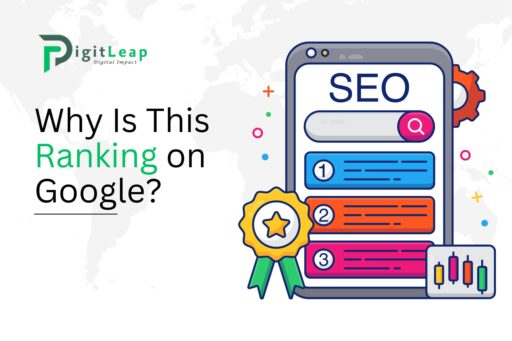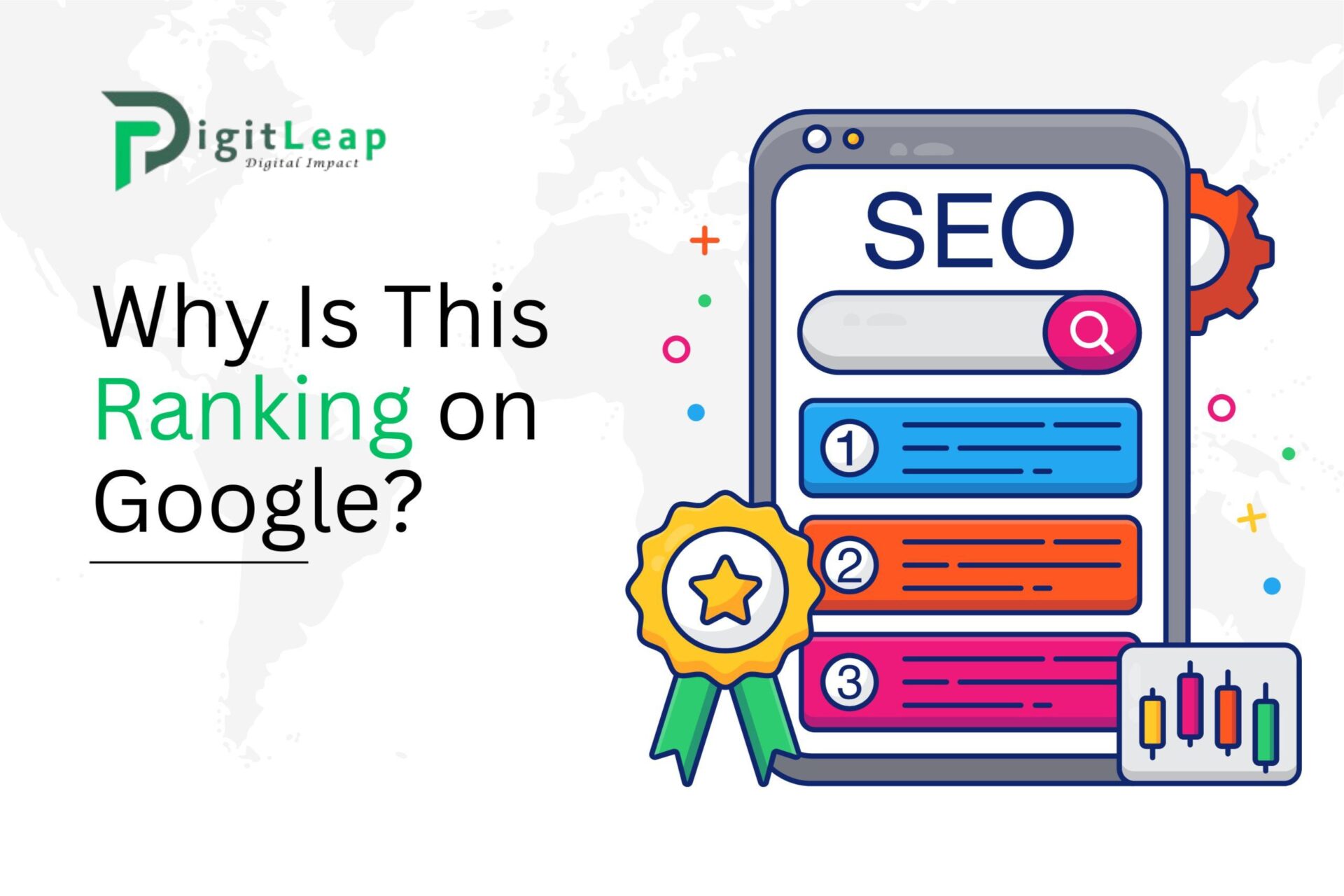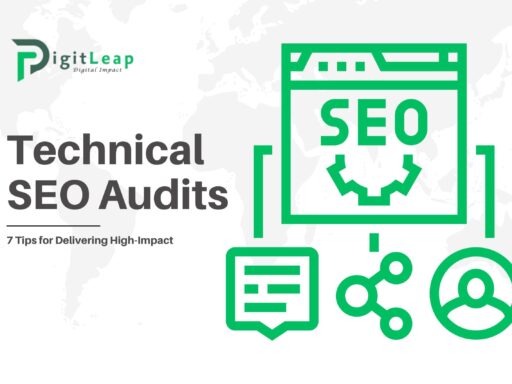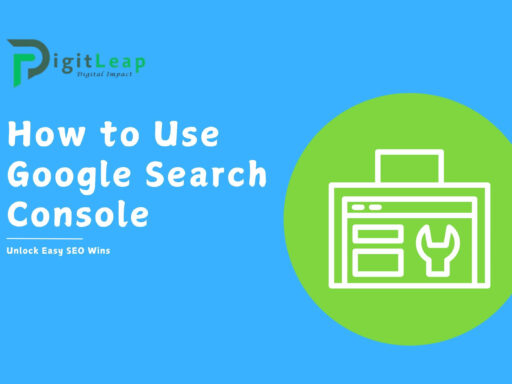Have you ever wondered why certain pages consistently show up at the top of Google’s search results while others seem to struggle for visibility? It’s not just about luck—it’s about understanding how Google ranks content and what makes some pages perform better than others.
Google’s ranking algorithm is complex, taking into account over 200 factors to determine which websites show up for a given search query. In this article, we’ll explore the key reasons why certain pages rank higher on Google and how you can improve your own site’s ranking.
Quality Content
The first reason a page ranks well on Google is because it offers high-quality content. Google’s primary goal is to provide users with the most relevant, helpful, and informative results for their search queries. If your page answers the user’s question better than anyone else, it’s likely to rank well.
High-quality content means:
- Depth of information: The content thoroughly covers the topic and provides value to the reader.
- Originality: The content is unique and not just copied or rehashed from other sources.
- Authority: The site is seen as a reliable source in its niche, often due to well-researched, factual information.
To create content that ranks, think about the questions your audience is asking and provide the best possible answers.
User Experience (UX)
Another important reason why a page ranks well is because of its user experience. Google doesn’t just look at what’s on the page—it also considers how users interact with the site. If visitors spend time engaging with the content, clicking through pages, and having a smooth experience, Google interprets this as a positive signal.
Factors that influence user experience include:
- Mobile-friendliness: With more people browsing on their phones, Google prioritizes sites that are optimized for mobile.
- Page speed: If your site takes too long to load, visitors are likely to leave, leading to a higher bounce rate. Faster pages rank better.
- Easy navigation: Google rewards sites that are easy to navigate, with clear menus and logical structure.
A good user experience keeps visitors on your site longer, improving your ranking in the process.
Backlinks and Authority
Backlinks—links from other websites to yours—are one of the strongest ranking factors. When high-authority sites link to your content, it signals to Google that your site is trustworthy and valuable. The more high-quality backlinks you have, the better your chances of ranking higher in search results.
Not all backlinks are created equal, though. Google values:
- Relevant links: If sites in your industry or niche are linking to you, it holds more weight than links from unrelated sites.
- Authority of the linking site: A link from a well-established, authoritative site carries more value than one from a small, unknown blog.
Building backlinks takes time and effort, but it’s one of the most effective ways to improve your ranking.
Keywords and Search Intent
Another reason why a page ranks on Google is because it matches the search intent behind a keyword. Google wants to deliver the most relevant results for each query, so understanding the intent behind the search term is key to ranking well.
There are different types of search intent:
- Informational: The user is looking for information or answers to questions (e.g., “how to fix a leaky faucet”).
- Transactional: The user is looking to buy something (e.g., “buy running shoes online”).
- Navigational: The user wants to find a specific website or page (e.g., “Facebook login”).
To rank well, your content needs to match the intent behind the keywords you’re targeting. For example, if someone is searching for “best running shoes,” they probably want a list or review, not just a product page. Understanding the user’s intent and providing the right type of content will boost your ranking.
On-Page SEO Optimization
Good on-page SEO is another factor that contributes to why certain pages rank on Google. On-page SEO refers to the optimization of individual pages to help search engines understand what your content is about and rank it accordingly.
Some key elements of on-page SEO include:
- Using target keywords naturally in the content, headings, and meta descriptions.
- Optimizing title tags and meta descriptions to attract clicks and improve relevance.
- Using descriptive, SEO-friendly URLs that include the target keyword.
- Incorporating internal links to help Google crawl and index your site more effectively.
By paying attention to these details, you can help Google better understand your content and improve your chances of ranking.
Freshness of Content
Google also takes into account the freshness of your content. If your content is outdated, it may not rank as well as more current information. Regularly updating your site with fresh content—whether through new blog posts or updating old pages—can help improve your ranking.
For example, if you have a guide on social media marketing, updating it with the latest trends and tools will show Google that your content is still relevant. Google prioritizes content that is up-to-date, especially for queries where recent information is important.
Structured Data and Rich Snippets
Using structured data (or schema markup) helps Google understand the content on your page and display it in rich snippets. Rich snippets are the extra bits of information, like star ratings, product prices, or FAQs, that appear in search results.
These rich snippets can make your listing more attractive and clickable, which can boost your ranking over time. Implementing structured data is a great way to stand out in search results and improve your visibility.
Local SEO
If your business has a physical location, local SEO is critical for ranking in local search results. Google looks at factors like:
- Your Google My Business profile: Make sure it’s fully filled out, with accurate information, photos, and regular updates.
- Local citations: Listings of your business in local directories help boost your authority.
- Customer reviews: Positive reviews on Google and other review platforms can improve your local ranking.
For local businesses, optimizing for local SEO can make a huge difference in where you appear in search results, especially for location-specific searches.
Conclusion
Ranking on Google isn’t a mystery—it’s a combination of providing high-quality, relevant content, optimizing your site for SEO, and ensuring a great user experience. Factors like backlinks, keywords, and on-page SEO all play a role in determining which pages rank higher. By paying attention to these aspects and consistently improving your site, you can increase your chances of ranking well on Google.
At DigitLeap, we specialize in helping businesses optimize their websites to improve their Google rankings. Whether it’s crafting high-quality content, improving your SEO, or building authority through backlinks, our team can help you achieve better visibility and grow your online presence. Let us help you rank higher on Google and attract more traffic to your site!





